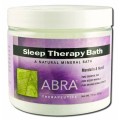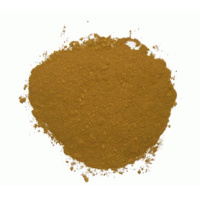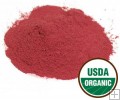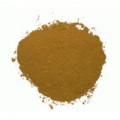 Loading... Please wait...
Loading... Please wait...- Home
- About Us
- Shipping, Returns & FAQ's
- Contact Us
-
For Your Information
- Canadian Customers Have a Choice if Shipping Via UPS
- Aura Cacia Homemade Aromatherapy Recipes
- Bella Nella Altered Art & Paper Crafts Blog
- Forms of Herbal Preparations
- Laundry Tips To Conserve Energy Blog from The Laundress
- The Story of Frontier Natural Products Co-Op
- Sovereign Silver Hydrosol and Aloe Protocol Stops Downward Spiral of Gut Dysbiosis
- Disclaimers
- Recommended Links
- RSS/Recent News
- The Story of Typhoon Housewares
- Reviews/Testimonials
- Raw Ingredients for Mfg
- Home
- Gums/Resins
- Propolis 2X Concentrate Ethanol Alcohol Extracted (EEP) Powder Bulk
Propolis 2X Concentrate Ethanol Alcohol Extracted (EEP) Powder Bulk
Product Description
Contains resin, vitamins, amino acids, and minerals. It is rich in a natural selection of bioflavonoids. It also possesses a whole natural selection of micro-elements in trace amounts.
Bee propolis can help treat various diseases. Nearly a century ago, doctors dismissed quinine (tree bark) as mere folk superstition. More recently, they ridiculed the idea that a simple mold growing on moist, non-living matter would ever become penicillin, the wonder medicine of the century.
Now the medical world is faced with another dilemma of how to react to bee propolis, a reddish resinous cement substance collected by bees from the buds of plants, used to stop up crevices in the hives and strengthen the cells, among other uses. This natural food supplement, with its antibiotic properties, has astonished doctors.
Just what are the raw qualities of the bee propolis? What does it contain? It contains resin, vitamins, amino acids, and minerals. It is rich in a natural selection of bioflavonoids. It also possesses a whole natural selection of micro-elements in trace amounts.
Doctors and scientists in Europe and Russia have already acclaimed propolis. One study alone, The Hearing Properties of Propolis, by Russia doctors A.I. Tichonov and D.P. Salo, focuses on the successful use of propolis in over 70 different studies during the last 17 years in the then U.S.S.R.
Propolis has proved effective in helping to deal with a wide variety of infections and illnesses, including ulcers, colds, stress, hypertension, pharyngitis, and periodontal problems.
There has been no general reaction among doctors in the United States as yet to this natural antibiotic, but at least one recognized medical authority has reported his findings.
The International Beekeeping Technology and Economy Institute says that propolis has antiproteolytic, bactericidal, and bacteriostatic action that is unparalled among natural substances.
Caution: May be allergic to some people.
Botanical/Scientific/INCI Name: Propolis
Contains: 70% Propolis, 30% Maltodextrin (anti-caking, free flowing agent)
aka: Acide de Cire d'Abeille, Baume de Propolis, Bee Glue, Bee Propolis, Beeswax Acid, Cire d'Abeille Synthétique, Cire de Propolis, Colle d'Abeille, Hive Dross, Pénicilline Russe, Propóleos, Propolis Balsam, Propolis Cera, Propolis d'Abeille, Propolis Resin, Propolis Wax, Résine de Propolis, Russian Penicillin.
Origin: Propolis: China; Maltodextrin: USA
Notes: Free flowing powder. Kosher Certified. Non-irradiated. Not treated with ethylene oxide. Shelf life: 3 years if stored in a tightly closed container away from heat, light and air.
Specifications are subject to change without notice.
* FDA disclaimer
More info on Bee Propolis
You Recently Viewed...
Currency Converter
Choose a currency below to display product prices in the selected currency.



























